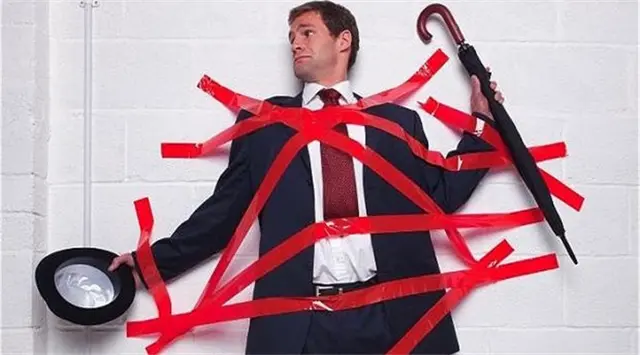President Trump has signed controversial orders imposing heavy tariffs on steel and aluminium - but some countries will be spared.
Mr Trump has said the US is suffering from "unfair trade" and that the move would boost US industry.
But countries have expressed outrage at his plans, and experts have warned of new trade wars.
The tariffs will go into effect in 15 days and include exemptions for Canada and Mexico.
Tariffs of 25% are to be placed on steel and 10% on aluminium imported into the US.
Republican Senator Jeff Flake - a prominent critic of Mr Trump who opposes the move - said he was drafting legislation to nullify the tariffs, saying trade wars are only ever lost.
Steel and aluminium workers were at the signing.
Mr Trump praised them as "the backbone of America" - and alluded to their role in his election.
He said such workers had been betrayed - but that was now over and he was delivering on a campaign promise.
The president said the tariffs would defend America's national security.
What exemptions will there be from the new tariffs?
They will apply to all countries except Canada and Mexico, which will be exempt while discussions over the North America Free Trade Agreement (Nafta) take place.
There are provisions within the documents for other countries to get exemptions.
"We are going to be very fair, we're going to be very flexible," Mr Trump said ahead of a cabinet meeting earlier on Thursday.
He also praised his country's close relationship and trade surplus with Australia, saying "we'll be doing something with them".
The president also linked defence spending to trade, and said the US "subsidised" many countries" in the military.
He said there would be a reduction in tariffs for countries that "treat us fairly", but said "many of the countries that treat us the worst on trade and on military are our allies", singling out Germany for criticism.
Why is Mr Trump doing this?
Mr Trump says he aims to protect the American worker - and he promised in his campaign that he would rebuild the steel and aluminium industries.
The two metals are "the bedrock of our defence-industrial base", the president said on Thursday.
The industry has been "ravaged" by aggressive foreign trade practices that are "an assault on our country", the president said.
He is also making a political decision, aiming to appeal to blue-collar voters in states such as Pennsylvania - voters who turned away from the Democrats to support Mr Trump in 2016.
The president says the US's trade deficit is due to "very stupid" deals and policies.
What has been the fall-out?
Mr Trump's announcement last week about his plan to impose the hefty tariffs sparked alarm and upset markets at home and abroad.
Major trading partners have threatened retaliation and the plans are opposed by many in his own party.
The president's top economic adviser Gary Cohn, a supporter of free trade, resigned on Tuesday. More than 100 Republicans have signed a letter addressed to the president, expressing their "deep concern" about the tariffs
International Monetary Fund chief Christine Lagarde has warned "nobody wins" in a trade war, saying it would harm global economic growth
European Union trade commissioner Cecilia Malmstrom said the move would hurt the EU and put thousands of European jobs in jeopardy. The EU has proposed retaliatory measures against a number of US goods including bourbon and peanut butter
China has threatened an "appropriate and necessary response" in any trade war with the US. Foreign Minister Wang Yi said China and the US should strive to be partners rather than rivals
Mr Trump has said that the US would "win big" in a trade war.
Other countries are likely to take the US to court, arguing that the decision violates World Trade Organization moves.
The White House says that the national security rationale for the move is "unassailable" and national security considerations are allowed under WTO rules.
(BBC)
 简体中文
简体中文

